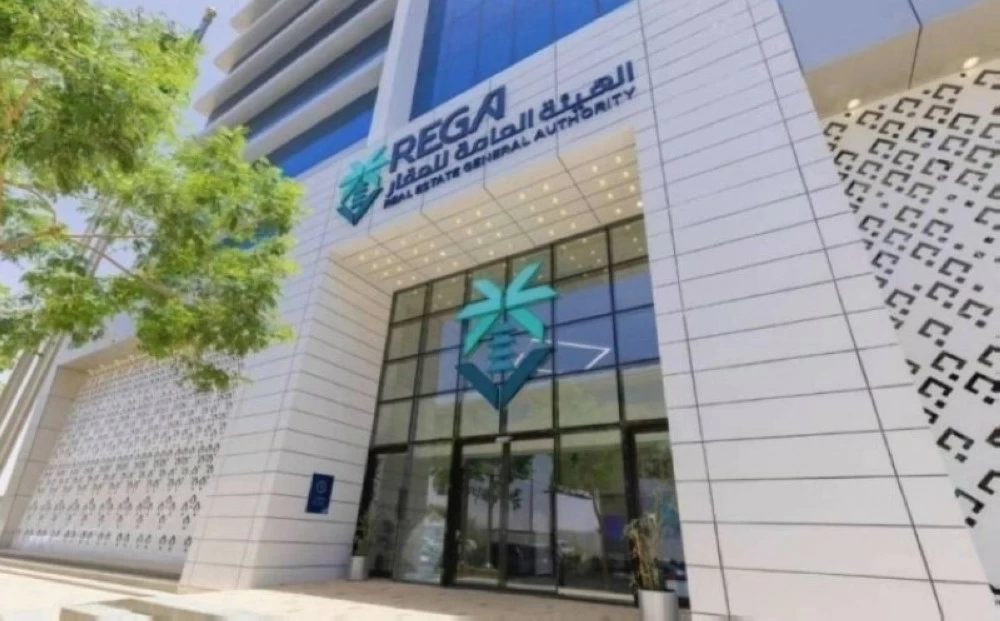أتاحت الأحكام النظامية الخاصة بضبط العلاقة بين المؤجّر والمستأجر التي أقرتها الهيئة العامة للعقار، للمؤجّر إخلاء العقار السكني في حال رغبته في استخدامه الشخصي أو استخدام أحد أقاربه من الدرجة الأولى، وذلك ضمن حالات محددة لا يجوز للمؤجّر الامتناع عن تجديد العقد إلا عند تحققها.
وتأتي هذه الخطوة ضمن حزمة من الضوابط التي تضبط العلاقة بين المؤجّر والمستأجر، أبرزها منع رفع الأجرة الإجمالية للعقود القائمة أو الجديدة داخل مدينة الرياض طوال مدة تطبيق الأحكام البالغة خمس سنوات. وشددت الأحكام، المنشورة أمس (الجمعة) في صحيفة أم القرى، على ألا تزيد أجرة العقار الشاغر -الذي سبق تأجيره- على آخر عقد إيجار، فيما تُحدد أجرة العقارات التي لم تُؤجّر سابقاً بالاتفاق بين الطرفين.
وحددت الأحكام حالات الإخلاء النظامي، وتشمل تخلف المستأجر عن السداد، أو وجود عيوب هيكلية تؤثر على سلامة الساكنين وفق تقرير فني معتمد، إضافة إلى حالة رغبة المؤجّر أو أحد أقاربه من الدرجة الأولى في استخدام العقار، أو الحالات الأخرى التي يقرّها مجلس إدارة الهيئة.
ومنحت الأحكام للمؤجّر حق الاعتراض على قيمة الأجرة المحددة إذا كان آخر عقد إيجار قبل 2024 أو إذا خضع العقار لترميمات إنشائية أو هيكلية أثرت في قيمته، على أن يُنظر في الاعتراض وفق آليات يعتمدها مجلس إدارة الهيئة.
وتسري الضوابط حالياً في مدينة الرياض فقط، مع إمكانية تعميمها على مناطق أخرى بقرار من مجلس إدارة الهيئة بعد موافقة مجلس الشؤون الاقتصادية والتنمية، وفق محددات ومعايير تضعها لجنة وزارية مختصة خلال 90 يوماً.
The regulatory provisions regarding the relationship between landlords and tenants, approved by the General Authority for Real Estate, have allowed landlords to evict residential properties if they wish to use them personally or allow one of their first-degree relatives to use them, within specific cases where the landlord cannot refuse to renew the contract except when these conditions are met.
This step is part of a package of controls that regulate the relationship between landlords and tenants, the most notable of which is the prohibition of raising the total rent for existing or new contracts within the city of Riyadh throughout the five-year duration of the regulations. The provisions, published yesterday (Friday) in the Umm al-Qura newspaper, emphasized that the rent for the vacant property – which was previously rented – should not exceed the last rental contract, while the rent for properties that have not been rented before will be determined by mutual agreement between the parties.
The provisions specified the cases of legal eviction, which include the tenant’s failure to pay rent, or the existence of structural defects affecting the safety of the residents according to an approved technical report, in addition to the case where the landlord or one of their first-degree relatives wishes to use the property, or other cases approved by the Board of Directors of the authority.
The provisions granted landlords the right to contest the determined rent value if the last rental contract was before 2024 or if the property underwent structural or construction renovations that affected its value, with objections to be considered according to mechanisms adopted by the Board of Directors of the authority.
The regulations currently apply only in the city of Riyadh, with the possibility of extending them to other areas by a decision from the Board of Directors of the authority after obtaining approval from the Council of Economic and Development Affairs, according to criteria and standards set by a specialized ministerial committee within 90 days.














